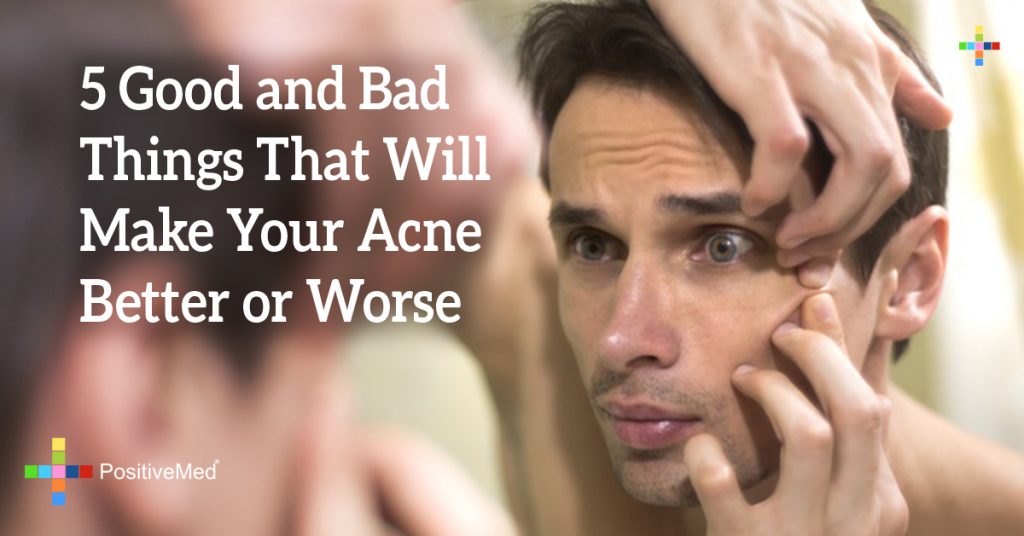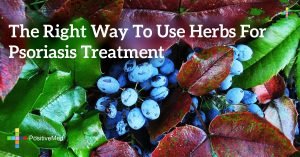
5 Good and Bad Things That Will Make Your Acne Better or Worse
By: Dr. Agnes P. Olszewski
We all mess up sometimes. That’s life. But since your skin is the largest organ of your body, and a vulnerable one at that, it’s best to know what good things you can do to it, and what skincare no-no’s may eventually turn into bad habits that take a mighty toll on your skin.
Before we start, did you know that acne breakouts do not come from what you put on your skin and therefore cannot be treated by topical products? Most acne may be traced to fluctuations in hormone levels, especially androgens (male hormones, also known as testosterone), and their power to over stimulate sebaceous glands. As acne results from inflammation caused by sebum-clogged hair follicles (pores) and bacteria, ruling out the factors that cause overproduction of sebum is very important. If you want to break the acne cycle, you need to help the body to balance itself and stop over stimulating the sebaceous glands.
So, curious whether that new exercise routine you just started could make your acne worse? Or whether your moisturizer really measures up? Take a look at these 5 good and bad things that will make your acne-prone skin better or worse.

THE GOOD
1. Using your Acne Treatment as Indicated
The weather has changed, and so has your everyday routine. Chances are you’ve got new activities and responsibilities on your plate, whether you’re a teen balancing fall sports and schoolwork, or an adult preparing for the holiday season. During the excitement of these busy times, you must keep your acne treatment routine going. It is, hands down, the most important step in breaking the cycle of acne because consistent use of your acne treatments is crucial for improvement. Make it a commitment to your skin to use your treatments, every day, as directed. No skipping days! When life gets hectic, try simple reminders, like placing treatments next to your cell phone or even setting an alarm on your phone.
2. Moisturizing Properly
It’s a myth that acne-prone skin doesn’t need to be moisturized. Since many acne sufferers overuse drying topical agents such as salicylic acid, properly moisturizing the skin on a regular basis is essential and may actually help in getting rid of acne by limiting the number of dead skin cells that clog pores when mixed with sebum. Use non-comedogenic, water-based moisturizers and foundation, avoiding oil-based products and products containing parabens, petroleum by-products and alcohol.
3. Eating the Good Stuff
Think you’ve heard all the benefits of omega-3 fatty acids (aka “good fats”)? Well, here’s one more for you: Omega-3s have been shown to control the production of leukotriene B4, a molecule that can increase sebum and cause inflammatory acne. To take advantage of this good fat, add foods like walnuts, avocados, flaxseed oil and salmon into your diet. To get that face of yours looking even better, eat berries and leafy green veggies all year round. Remember–you are what you eat!
4. Watering Your Skin
Water helps to remove internal toxins and hydrate your skin from the inside out. Though there is no definitive research that shows toxins lead to breakouts, researchers at the University of Missouri-Columbia found that having about 2 cups of water per day significantly boosted blood flow throughout the body and skin. Your body needs to get rid of waste materials produced during metabolism, so if you cannot do it efficiently it may compromise your internal balance and even your immune system, leading to more breakouts. So drink up!
5. Exercising Right
You can get more than a rockin’ body from exercising. Exercise also helps to regulate your hormone levels (including insulin), reduce stress (which has been found to contribute to the production of acne lesions), improve circulation that delivers more oxygen to skin cells, carries cellular waste away and boosts your immune system. But, there’s a fine line–sweat from exercise can also lead to breakouts via skin irritation, and too much exercise may lead to higher levels of androgens, which are the single most potent stimulators of the sebaceous glands. So, it is very important that you show moderation and also make sure that perspiration-trapping clothes like sports bras, t-shirts, shorts, etc. are removed promptly. And don’t forget to take off makeup prior to working out and shower immediately after working out.
THE BAD
1. Sleeping with a Dirty Face
Have you ever noticed how people in the movies wake up in the morning looking flawless without having to wash their face the night before? It may be okay in the fictional world, but not in ours! A few minutes are all it takes to remove makeup, sweat, oil and dirt from your skin, which may help to control and even prevent inflammation. But remember–you don’t want to strip your skin of its essential oils by intense scrubbing and harsh cleansers. A mild cleanser is essential. Use of astringents or specialty oils such as chamomile astringent or coconut oil may be beneficial for you too. Then you can climb into bed looking ten times fresher than all those movie stars.
2. Popping Those Zits
One time–that’s right, just one time–may result in creating an acne scar. And many times may lead to many scars. Scars are irreversible. You can minimize the look of them (and in some instances, they can end up looking almost invisible after certain treatments), but they don’t go away. So don’t risk it!
3. Ignoring (or Avoiding) the Truth
Do you know exactly what your acne treatments are doing to your skin? Or the difference between that first thing you put on your face and that other thing you use after? We know you’re busy, but with today’s technology it’s easier than ever to be an educated consumer. Spend some time researching your products through trusted sources, and know this: Many treatments will only temporarily decrease symptoms. What acne sufferer doesn’t want that? But sometimes, things are too good to be true. Meaning if you don’t break the acne cycle by both treating existing acne and preventing it from coming, you will never really get rid of your acne.
4. Letting Money Hold You Back
Think about it: can you really put a price on your self-perception and confidence? Next time you think you’re experiencing sticker-shock, break the price down and figure out what it will cost you per day — in most cases, it could be less than that cup of coffee you can’t live without.
5. Going Bare-Skinned
Contrary to popular belief, acne will not improve when exposed to the sun. Exposure to UVA rays is the primary culprit behind aging and may even cause inflammation. Think you’re safe in the winter? Think again. UVA rays are around all year long. And because UVA rays can penetrate glass, you’re susceptible even when you’re indoors. Scary right? But you can easily protect yourself. Use the right sunscreen for acne-prone skin (those with zinc oxide will be particularly beneficial to your skin) and remember to choose a sunscreen of at least 20-30 SPF and labeled broad-spectrum. Make it part of your acne treatment regimen, and use it every day. If you want to also use a good makeup that contains the sun protection, that’s even better.
Bad habits and repeated slip-ups will only set you back on your journey to get rid of your acne, so make it a point to be GOOD to your skin!
 Dr. Agnes Olszewski, CEO of Herborium, natural medicine expert
Dr. Agnes Olszewski, CEO of Herborium, natural medicine expert
“My work in China in the pharmaceutical and healthcare sector, and my personal experience while growing up in Europe, inspired me to develop Herborium®, a novel Botanical Therapeutics® company, based on a new, innovative healthcare concept that combines science and nature. Our approach has already been proven up to 98% effective in our acne treatment, AcnEase®.”





